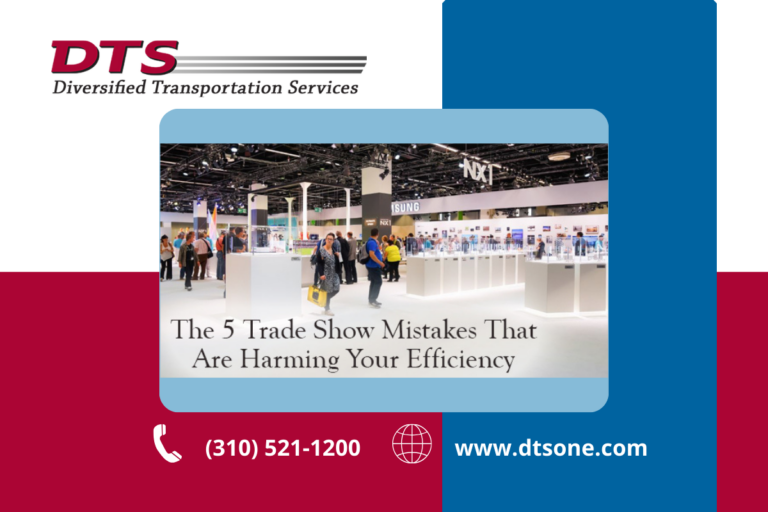As a trade show manager, there are seemingly endless details to consider. This can make it tempting to cut corners and rush to get everything done. However, this will lower the quality of the show and your productivity. To better handle your trade show logistics, be sure to avoid these common mistakes. By doing so, you can set yourself apart from the competition and improve your methods with every show.
- Thinking Too Small
The only problem worse than overplanning is underplanning. You may know how many people you are expecting at the event, but there is a chance there will be more. Plan for extra people so you can be prepared no matter what.
- Attempting DIY Freight Logistics
Trade show freight is highly specialized, so you can benefit from hiring specialty freight services. This company is proficient in managing trade show shipments, helping to ensure prompt delivery. Spending in the U.S. logistics and transportation industry totaled $1.48 trillion in 2015. This represents 8% of annual GDP, so the best transportation companies know how to handle your shipments.
- Planning Too Late
Just as with any task, it is always best to complete your trade show planning early. This leaves less room for last-minute mistakes. It can also help you better handle vendor logistics and organize your staff.
- Focusing Too Much On Decor
While it's important for the show space to look impressive, make sure this doesn't come before practicality. Consider accessibility, safety, and functionality for the trade show space and all additional components before you worry about decorations.
- Skipping Staff Training
For paid staff and volunteers, it's important to get everyone fully trained. This minimizes space for error and ensures that every staff member has full knowledge of conference procedures. This training should also happen well before the conference, rather than the day before.
By sticking to efficiency best practices and planning for all logistics, you can have everything from trade show shipments to employee training ready to go. This sets you up for a more productive and engaging trade show overall. Then, when there are mistakes, you can learn from them and improve for next time.
